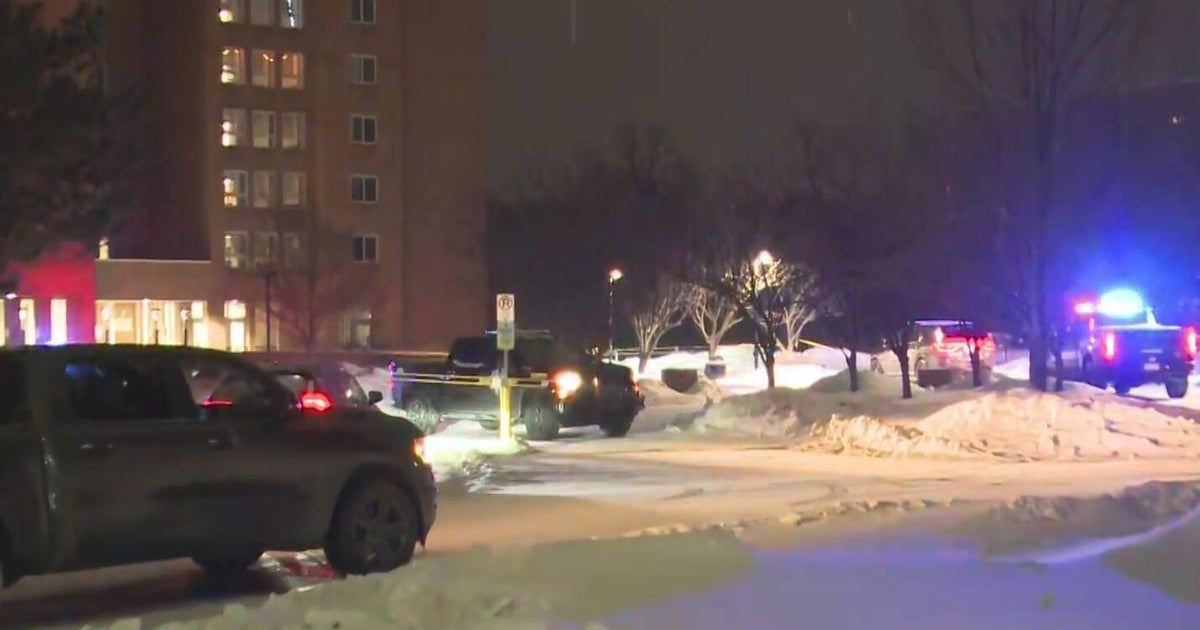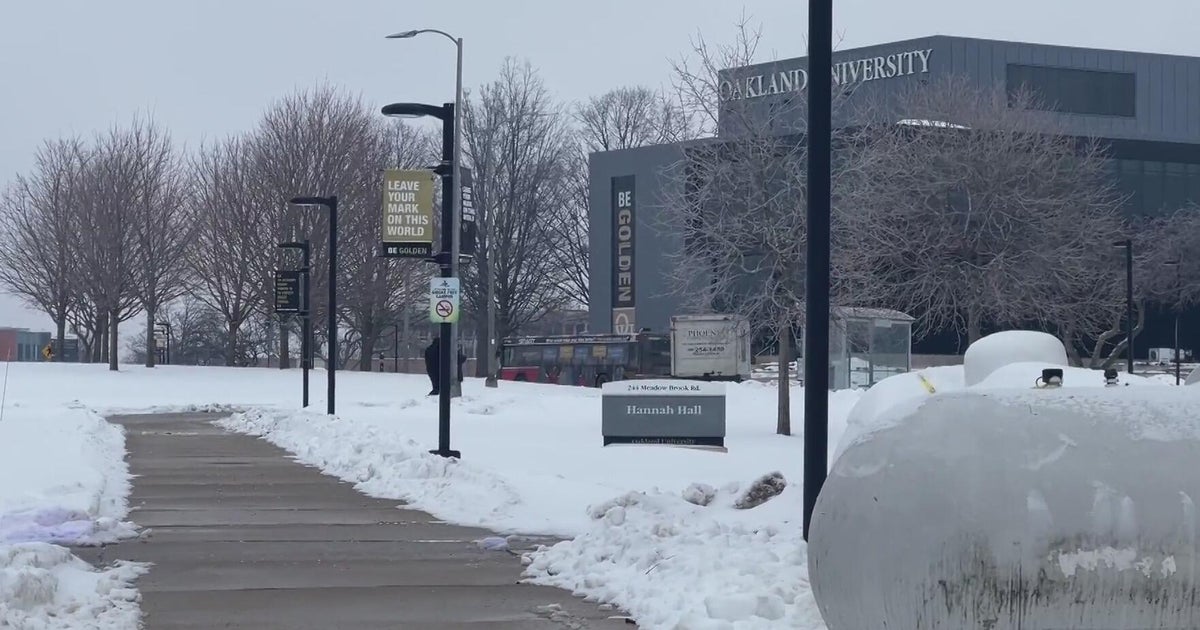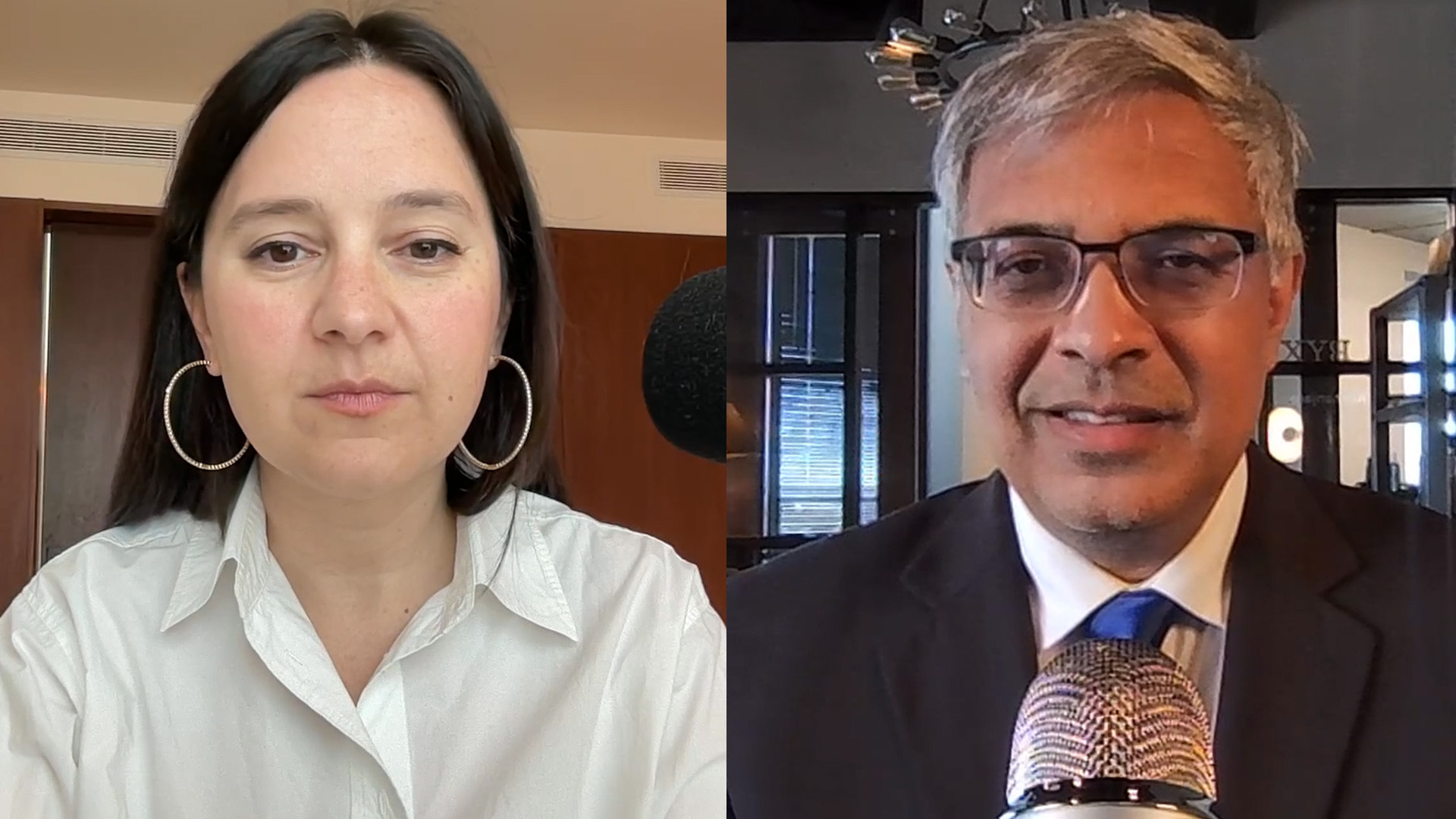What will post-lockdown life look like? You may say goodbye to hotel keys and the office coffee pot
New York City will soon join other areas in the U.S. in beginning to lift their coronavirus lockdowns, and millions of Americans are still trying to figure out what the "new normal" will entail. Everything from mass transit to office coffee breaks will be looked at as a potential risk — so what's going to happen to them?
"I think social distancing is difficult in an office setting," Dr. Bob Lahita, a professor of medicine at New York Medical College, told CBSN anchors Vladimir Duthiers and Anne-Marie Green.
The CDC has recommended a set of sweeping changes that could help make things safer for office workers, including adjusting workspaces to keep at least a six-foot distance between people, adding transparent barriers to separate employees, and improving ventilation systems.
"When we're talking about an office where people are in cubicles, it's probably OK because they can wear a mask and they don't have to come in contact with the guy or lady next to them," Lahita said. "But when you are not talking about cubicles and people gather at the water cooler or the coffee machine, this can be difficult."
According to Sam Cochran, a features director at Architectural Digest, those water coolers and coffee machines are features of the office environment that will have to go altogether.
"I think there's a lot of small but meaningful changes coming our way," Cochran told CBSN. "Simple, sort of analog interventions such as the elimination of candy jars and coffee stations, perhaps to be replaced by hand sanitizer stations."
As to what the physical office spaces themselves will look like, even experts do not precisely know. For those who can keep working from home, commercial office space may no longer even be necessary.
One thing Cochran said is certain is that "offices will have to be flexible."
Workplaces will need to be large enough to accommodate social distancing while giving everyone their own space, while communal spaces like conference rooms will need to be technologically fit for telecommuters and Zoom meetings.
Dr. Lahita said masks in those communal spaces will also be essential, to "at least" mitigate the risk of infection.
"If you've got 40 people working on a floor in an office and everybody is in a mask, and two of those people are carrying the virus and can transmit it to the other workers, we are protecting those other works to some degree… including those who are infected that don't even know it," he explained.
Lahita said masks, along with hand sanitizer, will also be a necessary precaution on public transportation.
Rather than being concerned about touching the plastic seats on trains and busses, where the virus has a short lifespan, it is fellow commuters who could be infected and breathe on you without a mask that pose the most risk.
"And I have to tell you, if you're riding a taxi or in an Uber, you have to be careful because you don't know who was in that taxi or Uber before you," Lahita warned. He said the virus' lifespan on things like leather and plastic is "maybe only 15 or 20 minutes."
However, long daily commutes could become a thing of the past for many— Cochran predicted a "paradigm where there are more offices, but dispersed throughout neighborhoods so that people won't have to get on the subway."
Transitioning from work to play will have differences, too. For instance, Cochran predicts physical hotel room keys and restaurant menus will be a thing of the past.
"Instead, we will be ordering off our smartphones and using our smartphones to check into hotels," he said. "A lot of this technology already exists, and we haven't had to deploy it in this way."
Designers of future public and private spaces will also likely respond to what Cochran calls "a remarkable shift in terms of our individual priorities."
"I think luxuries we now crave are things like outdoor space and access to nature and fresh air. So those priorities will dictate design going forward for sure."



